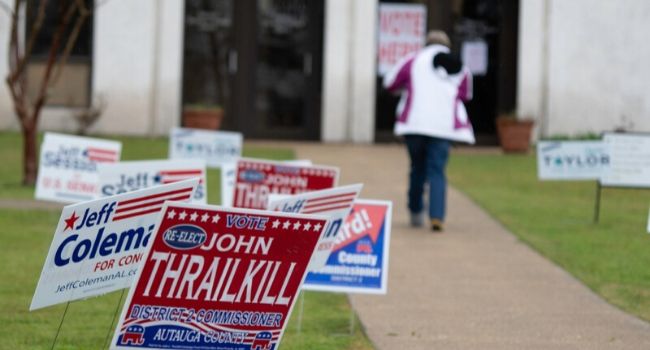
Despite Technical Issues, DHS Claims Victory on Super Tuesday With No Foreign Hacking Attempts
There was no significant increase in disinformation campaigns or hacking attempts like there were in 2016, according to top Homeland Security officials.
- By Haley Samsel
- Mar 05, 2020
While there were no reports of hacking during primary voting on Super Tuesday, some of the cybersecurity woes that election experts had warned of did occur in the form of broken voting machines, software issues that led to delayed results reporting and election websites not working due to heavy traffic.
As The Washington Post documented, there were several instances of technical errors that frustrated voters and potentially made them lose some faith in the election system. Beyond not having enough machines to accommodate long lines of voters in states like Texas and California, several machine shutdowns in Los Angeles County led to extended delays in voting.
During the day, approximately 20 percent of the county’s voting systems were not working, leading to large delays and lines that lasted long into the night, with people waiting in line after the locations technically closed at 8 p.m.
In Bexar County, Texas -- where the major population center of San Antonio is located -- software installed on the voting machines caused issues with tallying votes and verifying results, leading the county not to release results for several hours after polls closed at 7 p.m. local time. The issues led many news outlets to delay their calling of the race for either Bernie Sanders or Joe Biden, who was eventually named the winner.
“We did have some software issues throughout the evening, which held up the posting of the cumulative numbers, which include the election day voting numbers; early voting numbers and absentee voting,” said Bexar County Elections Administrator Jacque Callanen, according to local news outlet KSAT.
Despite ongoing issues, including site outages for some Texas election websites and robocalls that reported misinformation in the state, the Department of Homeland Security said there was no sign that voters were affected by foreign hacking operations or disinformation campaigns. There was a significant spike in that activity in 2016 that was not replicated on Super Tuesday, when 14 states and one territory voted in the primaries.
DHS acting secretary Chad Wolf attributed the lack of attempts to hack into the American election system to the department’s efforts to invest in new voting machines and test election systems for vulnerabilities.
“It's because of the hardened systems…that we put in place,” Wolf said on Tuesday, according to the Post. “It's the work that CISA [Cybersecurity and Infrastructure Security Agency], but also the state and local folks, have done over the last three or four years that makes it more and more difficult for our adversaries.”
Wolf added: “I think it's important to pause here and take credit for some of the work that we've done….It’s not by happenstance that nothing is occurring today.”
About the Author
Haley Samsel is an Associate Content Editor for the Infrastructure Solutions Group at 1105 Media.